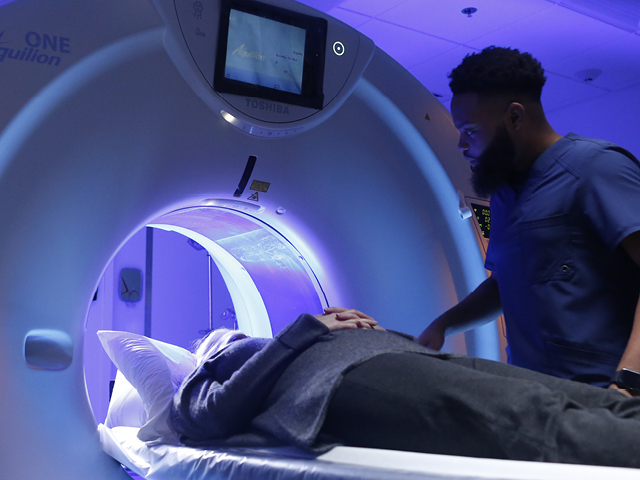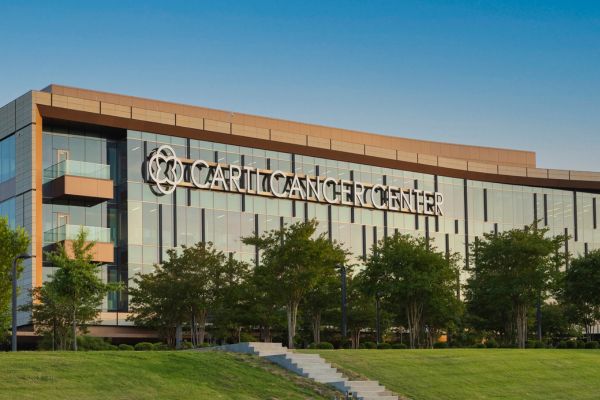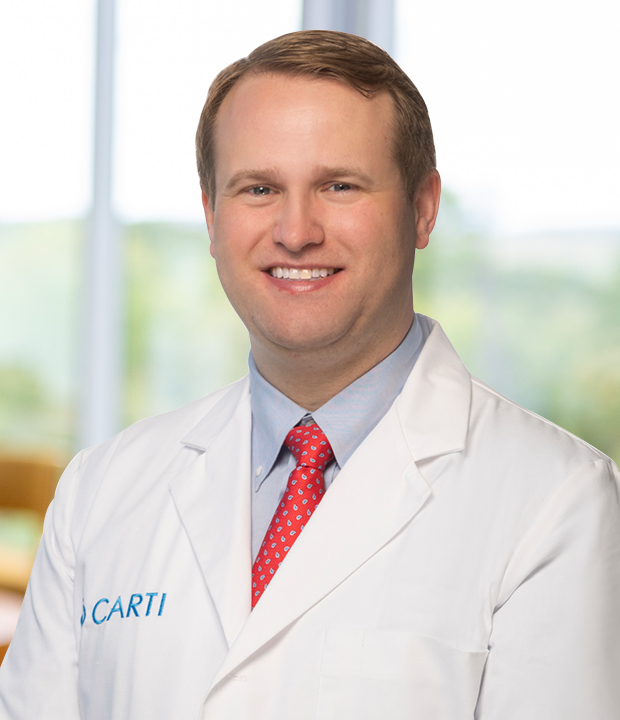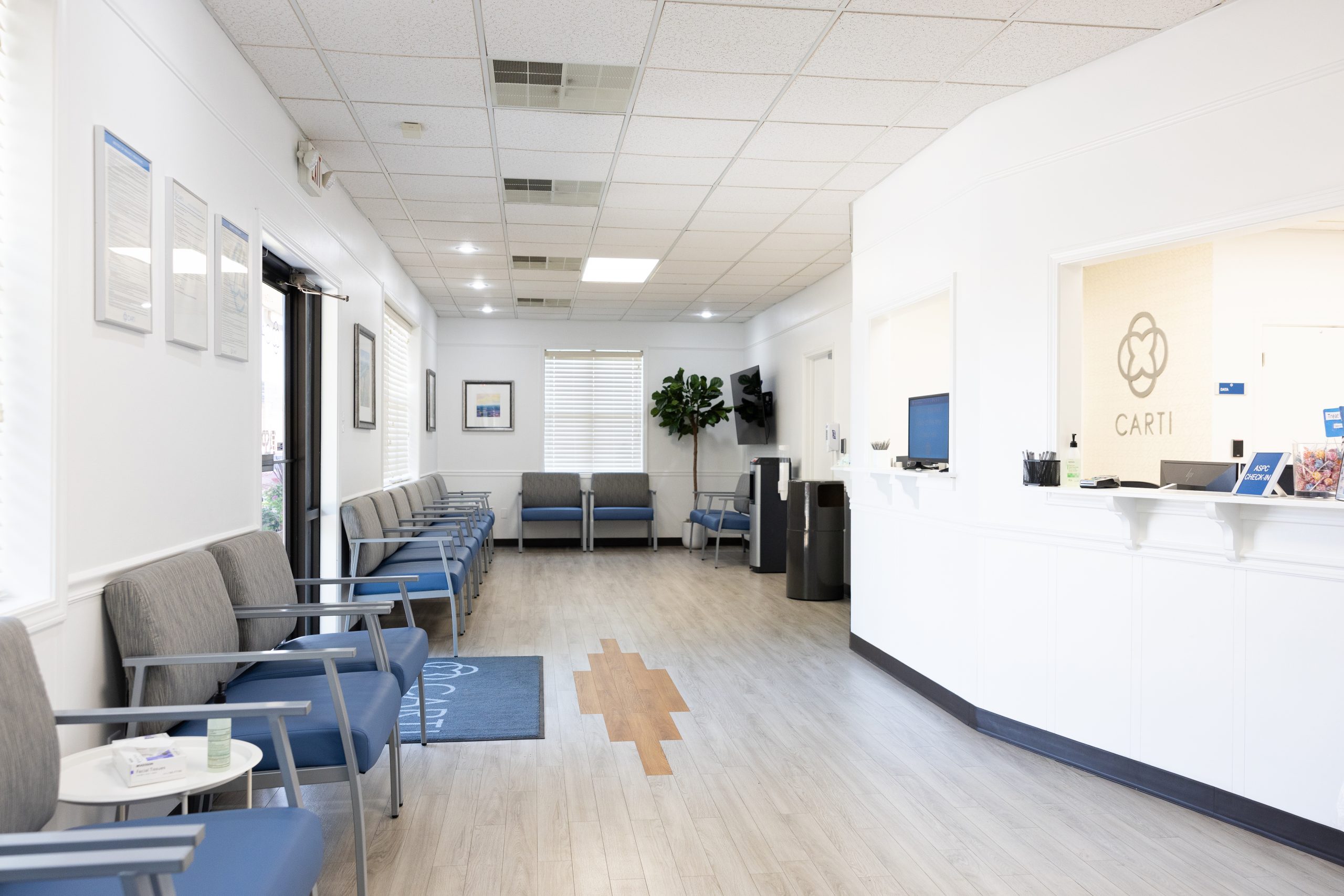Lung Cancer Screening A Breath Away

Arkansas is among the top five states for lung cancer deaths – and it’s not surprising. Smoking is an overwhelming risk factor, and despite national declines in cigarette smoking, Arkansas still holds strong in its usage. Paired with ongoing exposure to pesticides and a 15% genetic predisposition to lung cancer, it’s no wonder that lung cancer is the number one cause of cancer deaths in our state. Which is why a lung cancer screening is an important appointment to make.
“Survival can be 70% and above at stage 1. Any stage past 1, survival can drop 20% in five years. The window of opportunity is very narrow to screen at an early stage,” said Sam Makhoul, M.D., Medical Director of Clinical Research at CARTI.
So, how can we combat these scary statistics? Low-dose CT scans at CARTI aim to catch lung cancer when it’s most treatable and provide the best outcomes for patients.
What are Low-Dose CT Scans?
CARTI’s Super Premium Low-Dose CT Scanner uses a minimal dose of radiation to detect cancer in its earliest stages. “The dose of radiation is no different than the dose you’re exposed to when you fly on a plane,” Dr. Makhoul said. According to the National Institute of Health, this type of screening can reduce cancer deaths by 20% – and it’s convenient, fast and free for qualifying patients.
Who Qualifies for a Lung Cancer Screening?
Because lung cancer in its early stages shows little to no symptoms, at-risk patients should consider getting screened regularly. Here are the guidelines we follow:
- Current or former smokers, age 50 to 77
- Smoking history of at least 20 pack years, an amount that refers to the number of packs of cigarettes smoked per day multiplied by the number of years smoked (smoking one pack a day for 20 years would equal 20 pack years)
- Generally in good health with no history of lung cancer
- No signs or symptoms of lung cancer
These screenings make a huge difference in the fight against lung cancer, but they’re only effective if patients are proactive about protecting their health. If you are a current or former smoker and meet the above criteria, talk to your doctor about having a lung cancer screening at CARTI. It could be life-saving.






